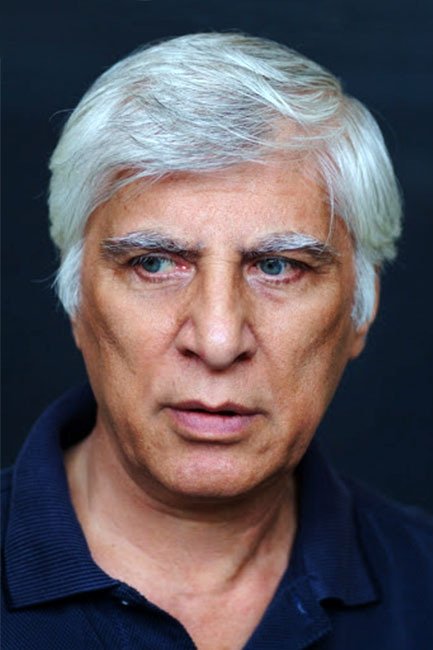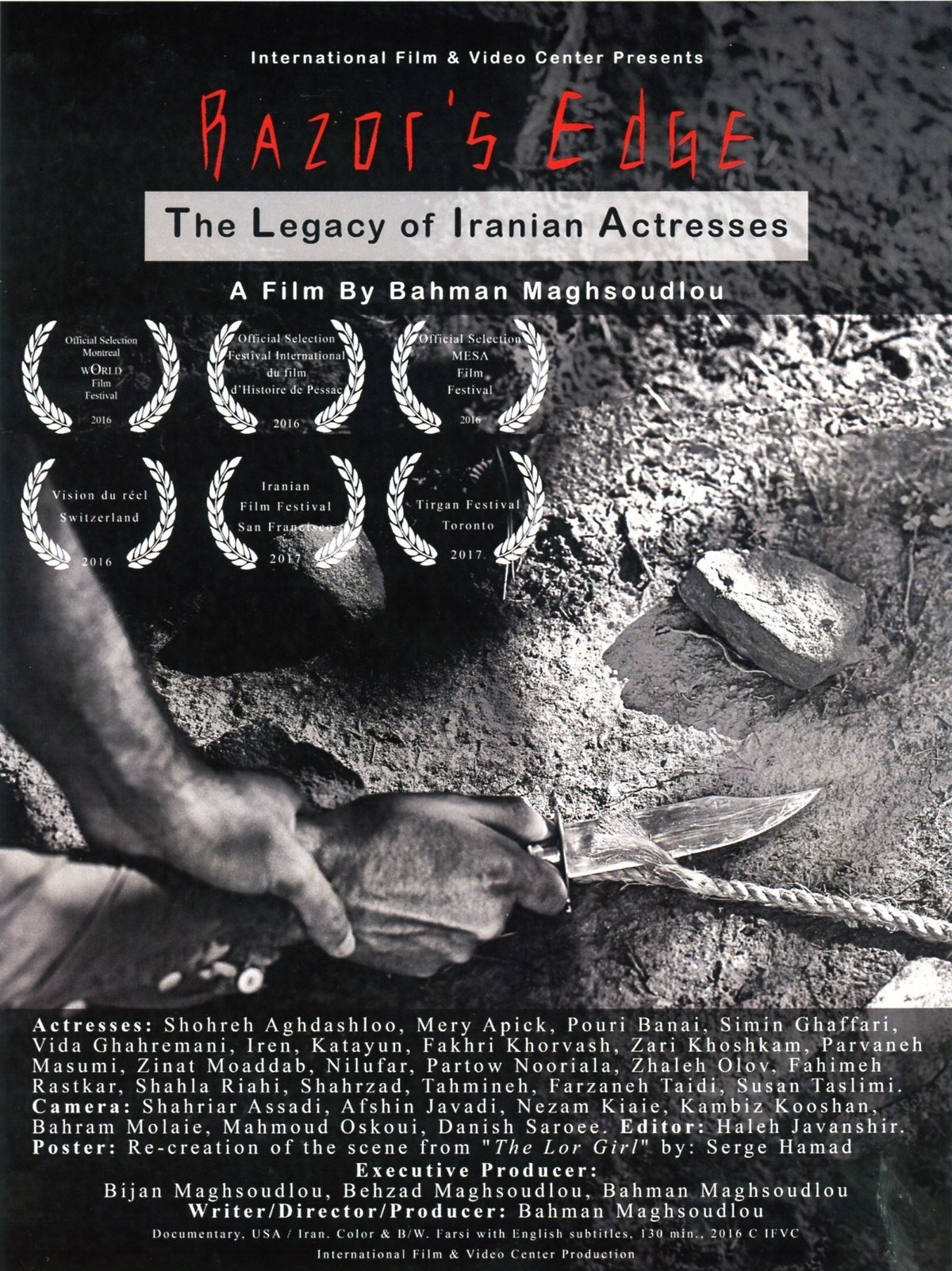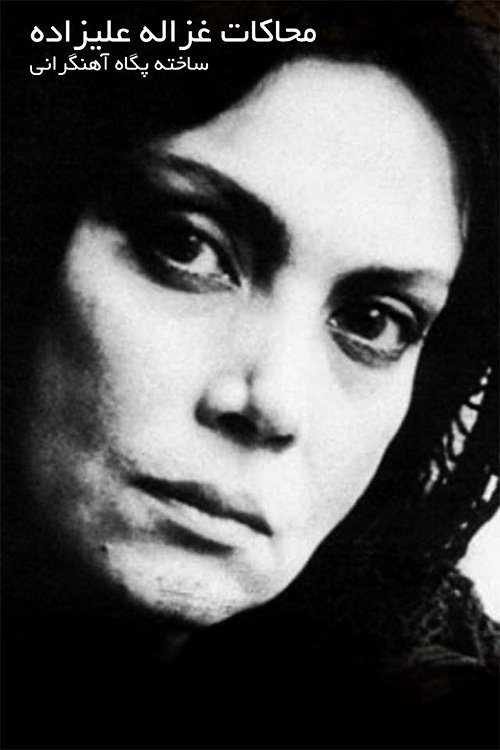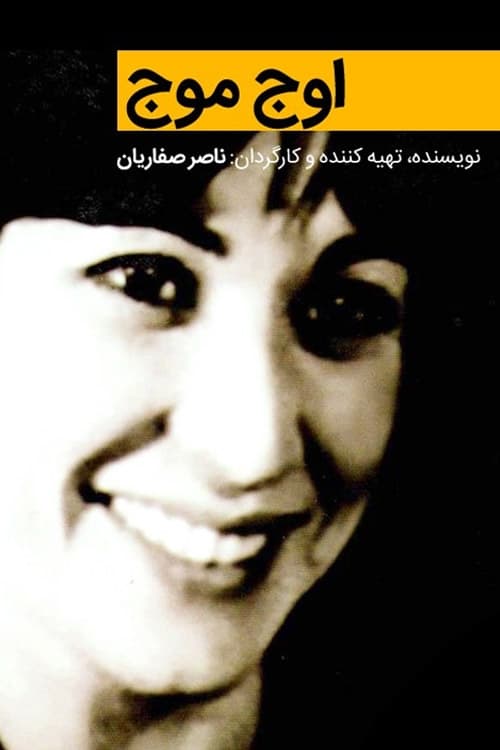

Bahrām Beyzāie (also spelt Beizai, Beyza'i, Persian: بهرام بیضائی, born 26 December 1938) is a critically and popularly acclaimed filmmaker, playwright, theater director, screenwriter, film editor, and ostād ("master") of Persian letters, arts and Iranian studies. Bahram Beyzaie is the son of the poet Ne'matallah Beyzai (best known by his literary pseudonym "Zokā'i"). The celebrated poet Adib Beyzai, known as one of the most profound poets of 20th-century Iran, is Bahram's paternal uncle. Bahram Beyzaie's paternal grandfather, Mirzā Mohammad-Rezā Ārāni ("Ebn Ruh"), and paternal great-grandfather, the mulla Mohammad-Faqih Ārāni ("Ruh'ol-Amin"), were also notable poets. In spite of his somewhat belated start in cinema, Beyzai is often considered a pioneer of a generation of filmmakers whose works are sometimes described as the Iranian New Wave. His Bashu, the Little Stranger (1986) was voted "Best Iranian Film of all time" in November 1999 by a Persian movie magazine Picture World poll of 150 Iranian critics and professionals.[5] Still, even before the outset of his cinematic career in 1970, he was a leading playwright (as well as theater historian), so much so that he is often considered the greatest playwright of the Persian language, and holds a reputation as "the Shakespeare of Persia.

An examination of the work and lives of actresses in...

A documentary about Ghazaleh Alizadeh who was an Iranian poet...

Part 3 of documentary trilogy about Pertsian poet Forough Farrokhzad....